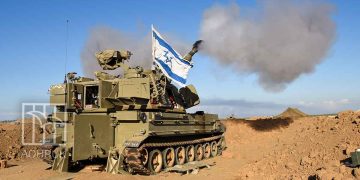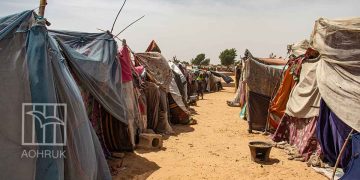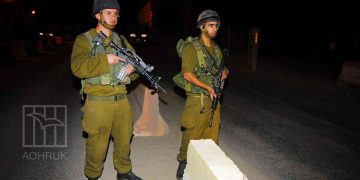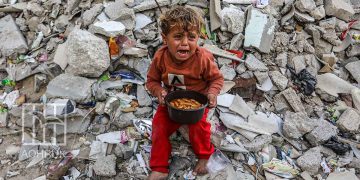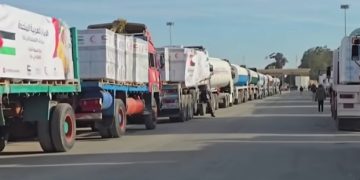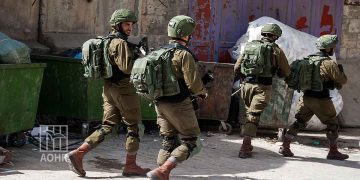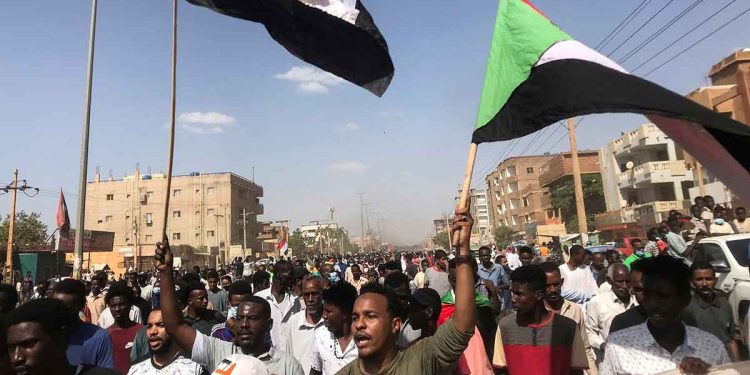The Sudanese authorities decided to ban gatherings and demonstrations in the centre of the capital, Khartoum. The decision took place on the eve of demonstrations planned to head to the presidential palace.
While banning gatherings and demonstrations, the Khartoum Security Committee emphasised that freedom of expression is a right guaranteed under the transitional constitutional document.
The committee stressed that gatherings are not allowed in “the central area of Khartoum, from the railway in the south to the General Command of the army in the east”.
Popular committees had called for “March 17” mass demonstrations under the slogan “the high cost of living”. The demonstration was planned to reach the presidential palace in central Khartoum, demanding civilian rule and denouncing the high cost of living.
The Sudanese Teachers Committee also called for a demonstration heading to the Ministry of the Interior in central Khartoum, to condemn the attacks on teachers at Nyala Secondary School by the police.
Recently, the UN Expert on Human Rights in Sudan, Adama Dieng, called on the Sudanese army to “put an end to the excessive use of force and lift the state of emergency in the country.” This came during a press conference at the end of a five-day visit.
“I reiterated my concern about the security forces’ repeated use of excessive force and live ammunition against protesters since the October 25 coup,” he said.
Diang also expressed concern about the negative effects of the state of emergency on human rights, attacks on medical facilities and health workers, harassment of media and journalists, arbitrary arrests, detention of protesters and human rights activists, and the use of torture and other ill-treatment.
Since last October 25, Sudan has been experiencing a hard time, following the declaration of the state of emergency by the Commander-in-Chief of the Sudanese Army, Abdel Fattah Al-Burhan, who also dissolved the Sovereignty Councils and transitional ministers, and dismissed MPs, following the arrest of party leaders, ministers and officials, in response for the ongoing protests rejecting these measures, as a “military coup.”

